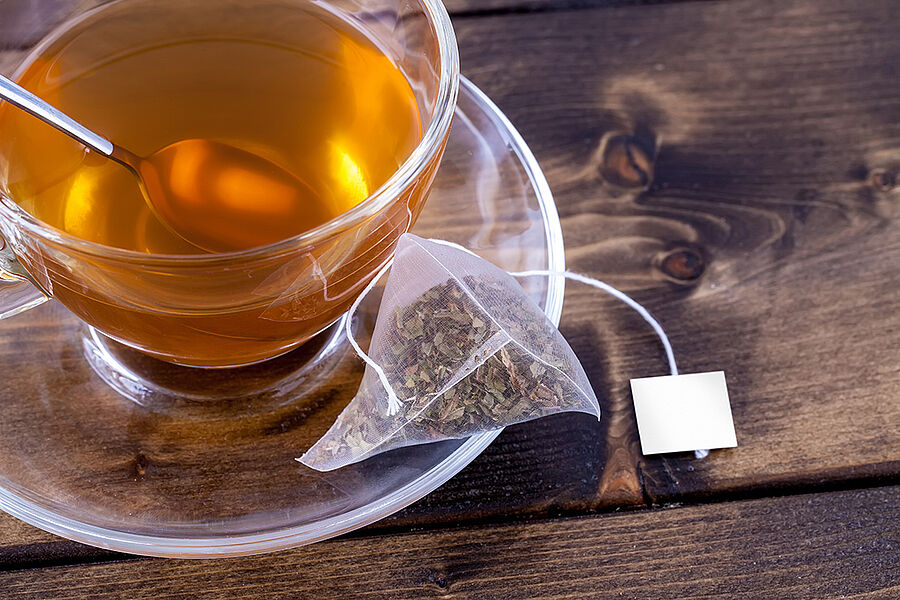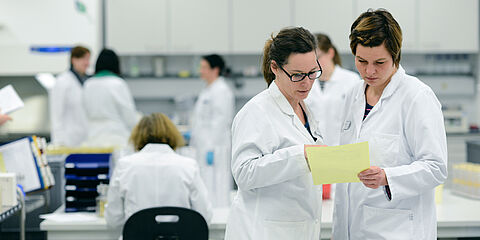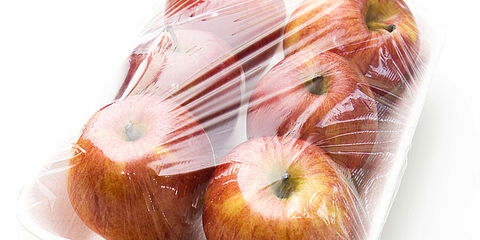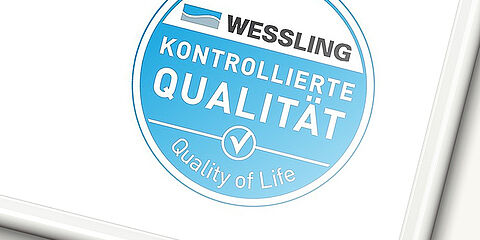New study shows: microplastics in tea via plastic tea bags
A Canadian study (Hernandez L.M. et al., Environ. Sci. Technol. 2019, 53, 21, 12300-12310) recently found that tea bags made of polyethylene terephthalate (PET) and nylon released a high volume of microplastic particles when infused with hot water. After its preparation, the tea was examined with regard to particle size, particle number and type of plastic.

Microplastics are particles smaller than 5 mm in size, which are produced, for example, from larger plastic parts through chemical, mechanical or physical influence. The study suggests that the particles are created by the preparation of tea. It is currently unclear to what extent there is a risk potential when microplastics are ingested orally. Intensive research work will be required in the future.
The experts at WESSLING support their customers with high-quality, state-of-the-art analytical methods. They determine microplastics and thus offer orientation in dealing with this highly topical subject. The know-how of our experts is particularly in demand in the field of microplastics in food.



